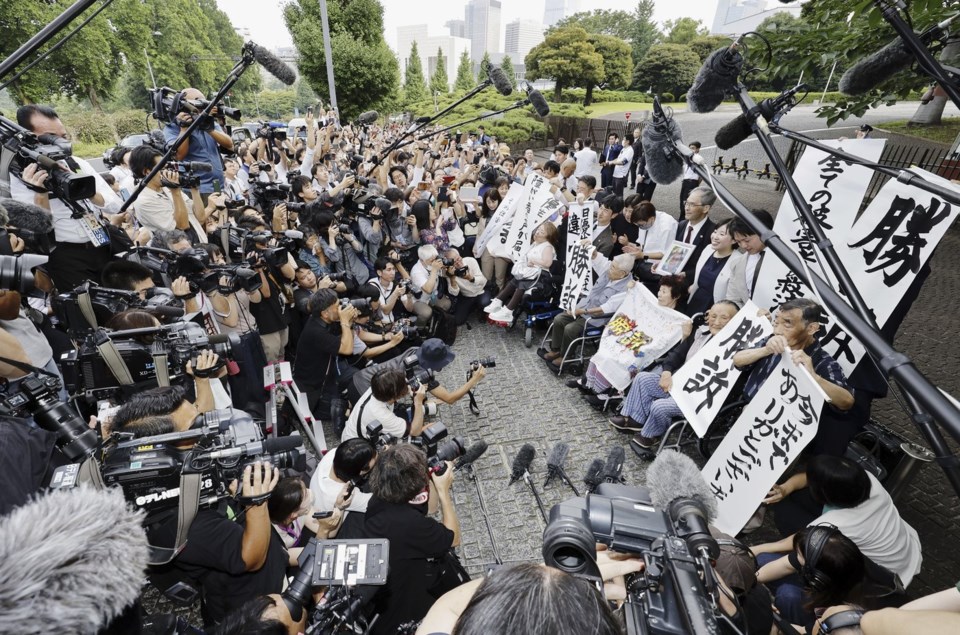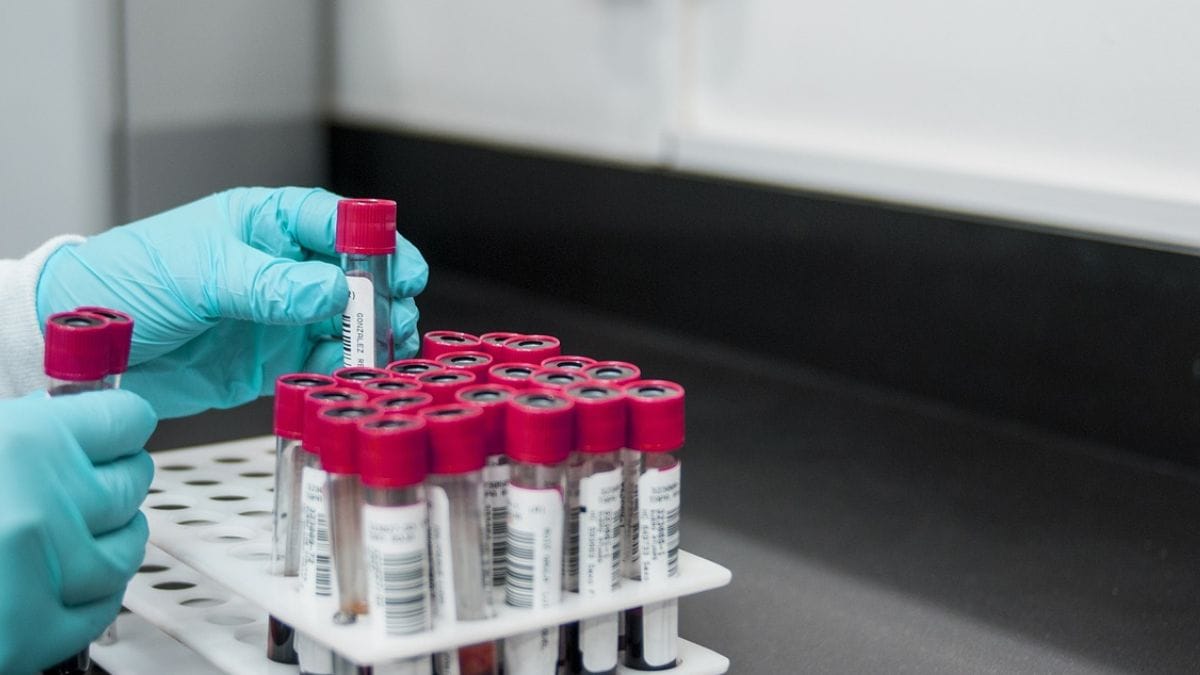
TOKYO (AP) — In a landmark decision, Japan’s Supreme Court ordered the government Wednesday to pay suitable compensation to about a dozen victims who were forcibly sterilized under a now-defunct Eugenics Protection Law that was designed to eliminate offspring of people with disabilities. An estimated 25,000 people were sterilized between the 1950s and 1970s without consent to “prevent the birth of poor-quality descendants" under the law, described by plaintiffs’ lawyers as “the biggest human rights violation in the post-war era" in Japan. The court said the 1948 eugenics law was unconstitutional and rejected the government’s claim that the 20-year statute of limitations should prevent it from paying restitution.
Wednesday’s decision involved 11 of the 39 plaintiffs who fought at five lower courts across Japan to get their case heard by the country's top court. Cases involving the other litigants are still pending. The plaintiffs, a number of them in wheelchairs, held up signs saying “thank you” and “victory” outside the court after the ruling.

“I couldn’t be happier and I could have never done this alone,” said an 81-year-old plaintiff in Tokyo who uses the pseudonym Saburo Kita. Kita said he was sterilized in 1957 at age of 14 when he lived in an orphanage. He told his wife his long-buried secret just before she died several years ago, adding that he regretted their inability to have children because of him.
Judge Saburo Tokura ruled that steriliz.















